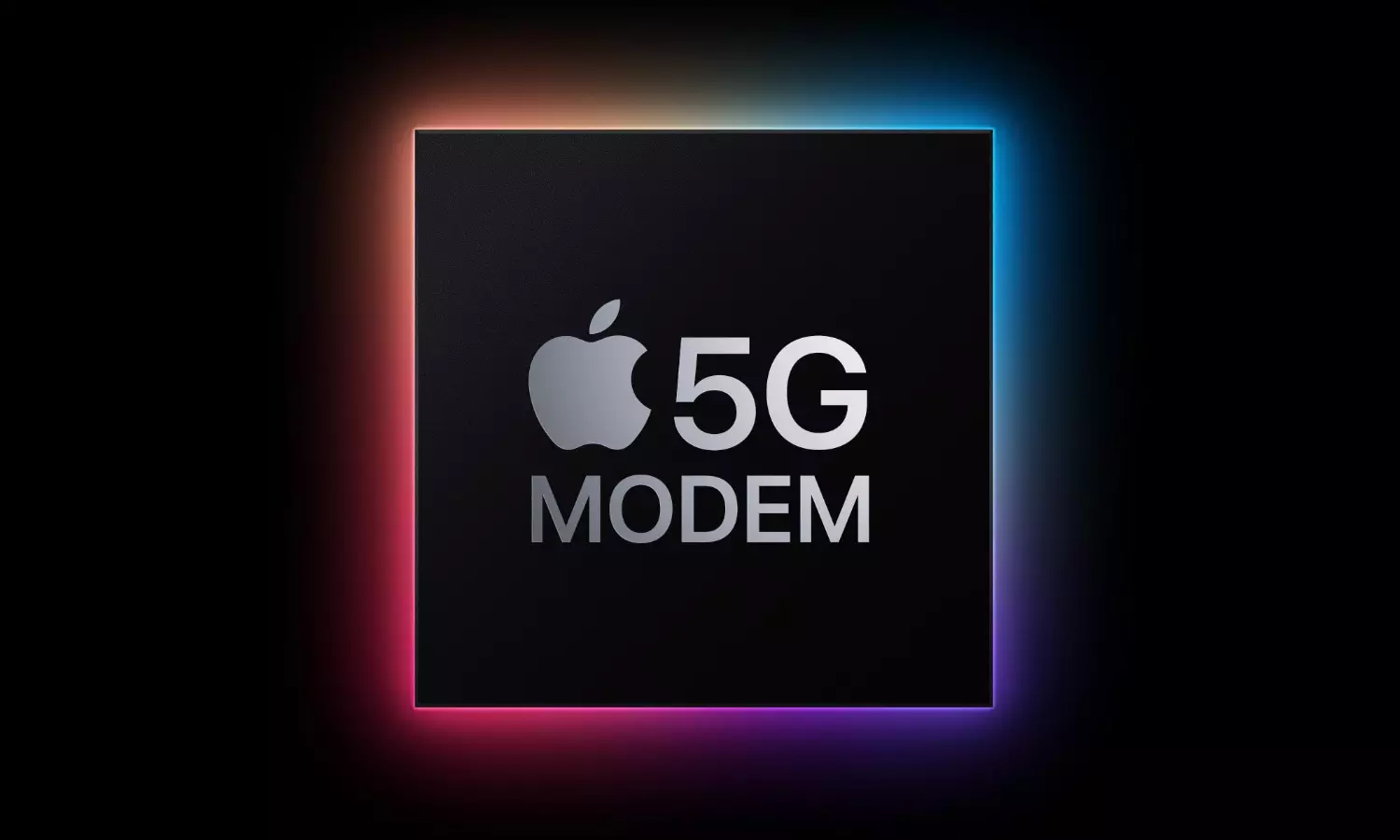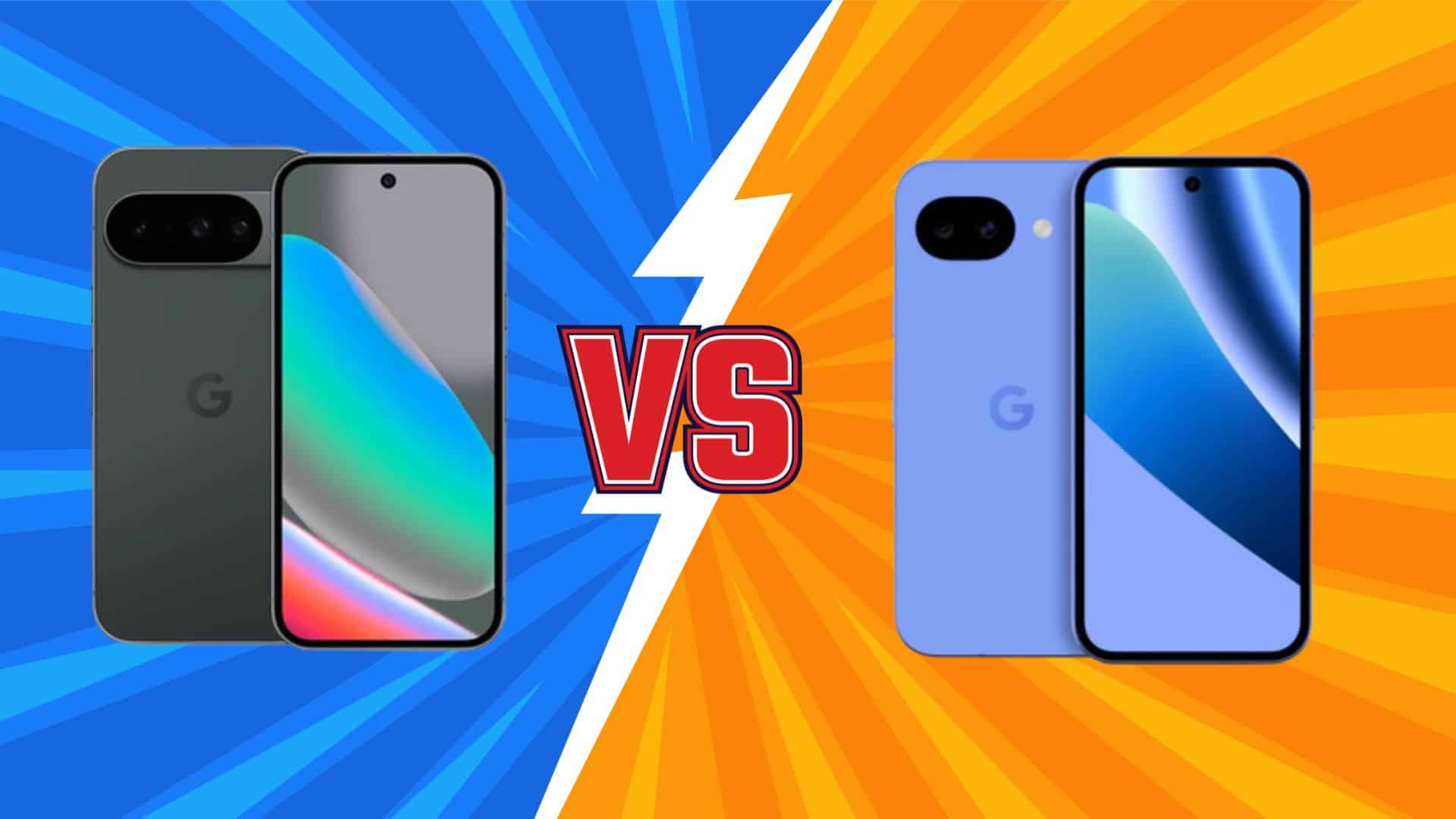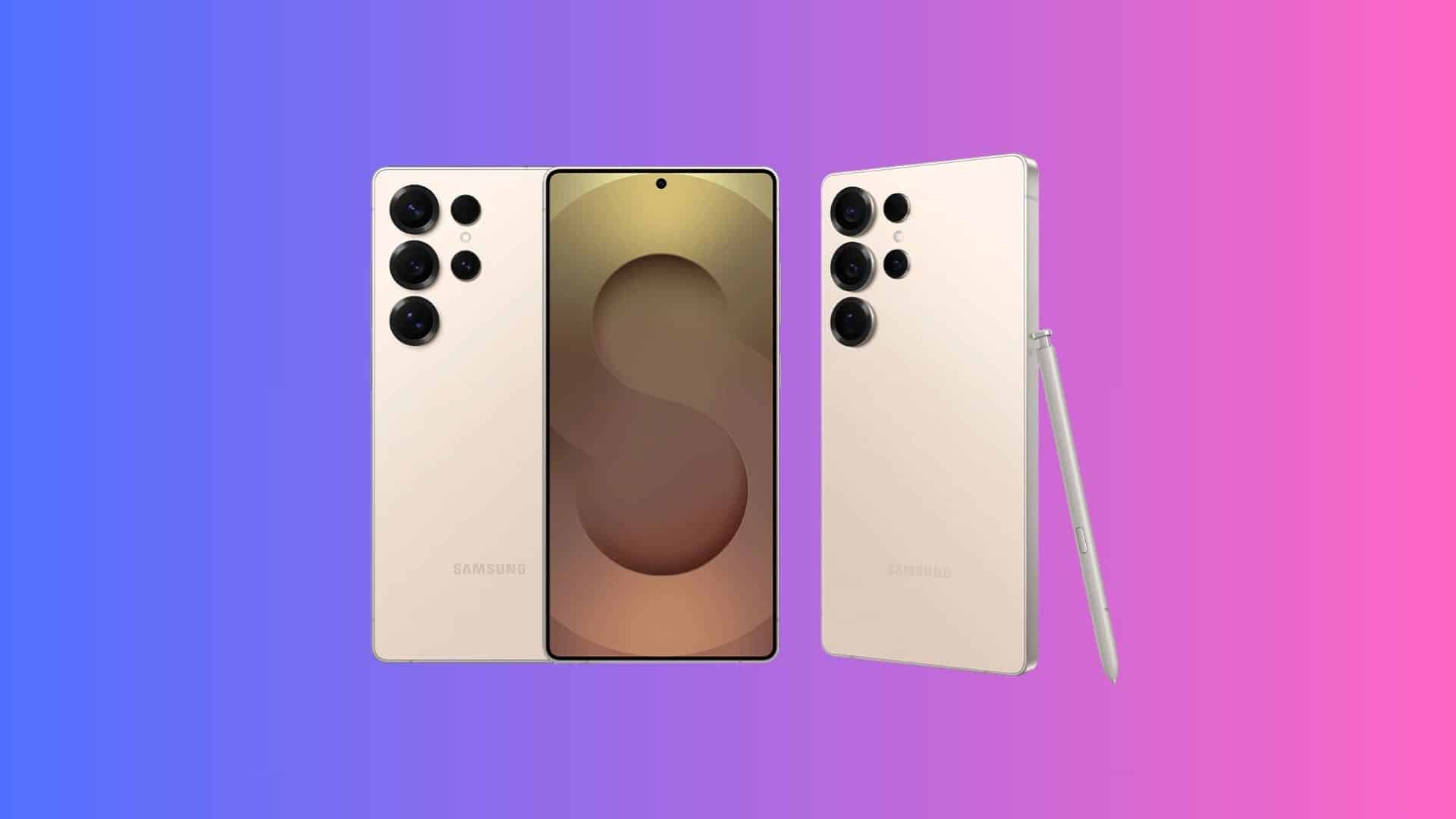The long and complex relationship between Apple and Qualcomm, two giants of the tech world, appears to be nearing a critical juncture. Their partnership, centered on Qualcomm’s modem chips that connect iPhones to cellular networks, has been lucrative but also fraught with legal battles and simmering tensions. Now, Apple’s increasing self-reliance and the expiration of key agreements suggest a potential split, a move that could reshape the mobile industry.
Apple’s desire to control its own destiny, particularly in crucial components like modems, is no secret. The company has been steadily investing in its own chip development, including acquiring Intel’s modem business in 2019. This acquisition provided Apple with valuable patents and engineering talent, accelerating its efforts to design in-house modems. This push for self-sufficiency mirrors Apple’s strategy with its A-series processors, which power iPhones and iPads, giving Apple greater control over performance and features.
Qualcomm, the dominant player in the modem market, has benefited enormously from its relationship with Apple. The sheer volume of iPhones sold globally has generated substantial revenue for Qualcomm. However, this reliance on a single customer also presents a risk. Apple’s potential shift to its own modems could significantly impact Qualcomm’s bottom line.
The existing licensing agreements between Apple and Qualcomm are set to expire soon. These agreements cover both patent licensing and chip supply. The expiration of these agreements opens the door for Apple to chart a new course. While some analysts predict a continued, albeit potentially renegotiated, relationship, others believe Apple is prepared to go it alone.
The transition to Apple-designed modems is not without its challenges. Developing complex modem technology is a significant undertaking, requiring substantial investment and expertise. Apple needs to ensure its modems are compatible with various cellular networks around the world and meet the performance standards consumers expect. Furthermore, integrating these modems seamlessly with other iPhone components is crucial for optimal device performance.
Recent reports suggest Apple is making progress in its modem development. Test versions of iPhones with Apple-designed modems are rumored to be in testing. While initial versions may not match Qualcomm’s current offerings in terms of features or network compatibility, Apple is known for its iterative approach, constantly refining its technology over time.
The potential split between Apple and Qualcomm has broader implications for the mobile industry. It could create a more competitive modem market, potentially benefiting consumers with lower prices and more choices. Other chipmakers, like MediaTek, are also vying for a share of the market. Apple’s move could also encourage other device manufacturers to explore alternative modem suppliers.
The legal battles between Apple and Qualcomm, which spanned several years, highlighted the complexities of their relationship. The disputes centered on patent licensing fees and Qualcomm’s business practices. While the companies eventually settled their litigation, the underlying tensions remain. These past conflicts further fuel speculation about a potential parting of ways.
The timing of Apple’s potential switch to its own modems is uncertain. Analysts predict the transition could begin as early as next year, with Apple gradually phasing in its own technology. However, the complexities of modem development and the need for rigorous testing could push the timeline further.
The outcome of this situation remains to be seen. Whether Apple fully transitions to its own modems, or continues to rely on Qualcomm for some of its needs, the future of their relationship is uncertain. One thing is clear: the mobile landscape is about to change.






























